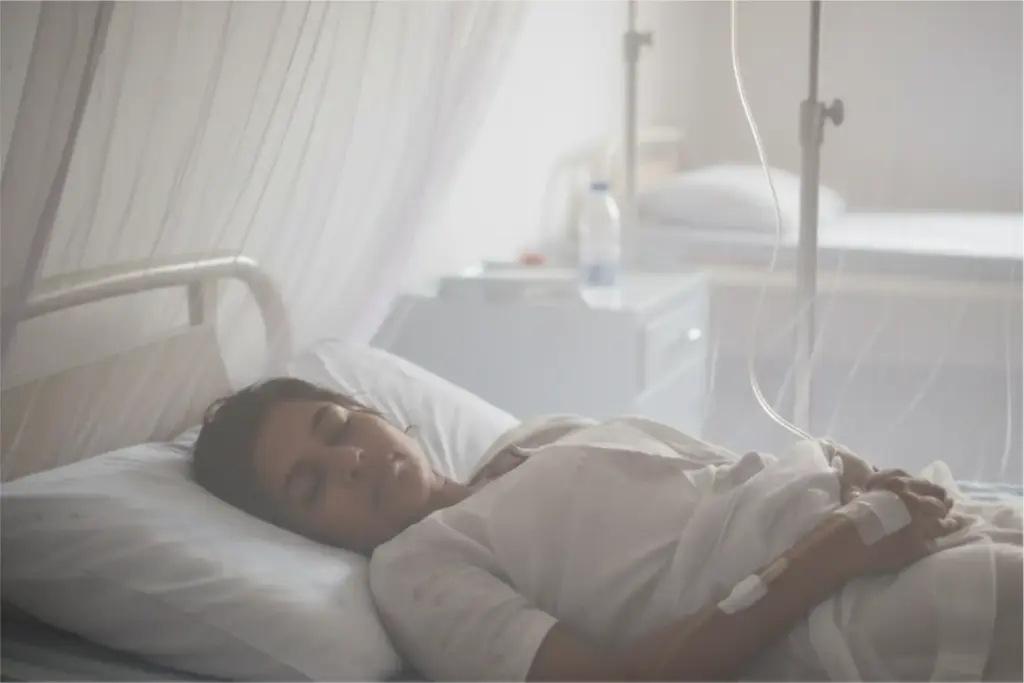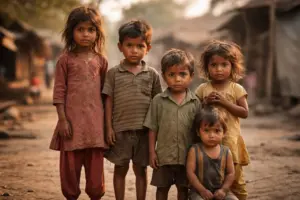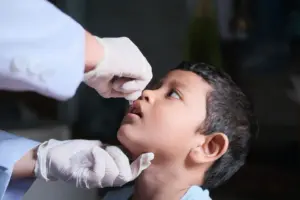
Bangladesh dengue cases: Dengue infections are rising sharply across Bangladesh, with health officials reporting the year’s largest 24-hour increase in both fatalities and admissions. The Directorate General of Health Services (DGHS) said 12 people died in the past day and 740 new patients were hospitalised with the mosquito-borne illness. Since January, dengue has killed at least 179 people and infected nearly 42,000 nationwide.
Pediatric wards are filling fast as more children arrive with high fever, rashes and dehydration, doctors said. “Children are more vulnerable to rapid fluid loss and shock, which makes severe dengue extremely dangerous for them,” noted physician A.B.M. Abdullah, urging parents to seek care promptly for persistent fever, abdominal pain or bleeding gums.
Also Read | What to eat and avoid during dengue fever
Experts say the outbreak is being fuelled by a prolonged monsoon that has left pools of stagnant water in cities and towns. “The season is stretching longer than usual, creating standing water almost everywhere,” said Kabirul Bashar, a zoology professor at Jahangirnagar University. “That extended wet period gives mosquitoes more time and space to breed, and it’s intensifying the outbreak.”
Rapid urbanisation, poor waste management and waterlogged construction sites are compounding the problem by expanding breeding grounds for Aedes mosquitoes, which spread dengue. With hospital capacity under pressure and caseloads climbing, clinicians warn the crisis could deepen in the coming weeks.
Adding to the strain is a concurrent rise in chikungunya, another mosquito-borne infection. While chikungunya rarely causes death, physicians say it often leaves both children and adults with severe joint pain and lingering fatigue, slowing recovery and keeping beds occupied longer.
Bangladesh recorded its worst dengue year on record in 2023, when 1,705 people died and more than 321,000 were infected. Early symptoms, such as fever, headache, muscle or joint pain, nausea, and rash, should prompt testing and medical advice, doctors said. Warning signs of severe dengue include bleeding, persistent vomiting, abdominal pain, drowsiness and difficulty breathing. Authorities are urging residents to remove standing water, use repellents and window screens, and seek care promptly, especially for children and older adults, as hospitals expand fever clinics and isolation wards to prepare for increased admissions.








